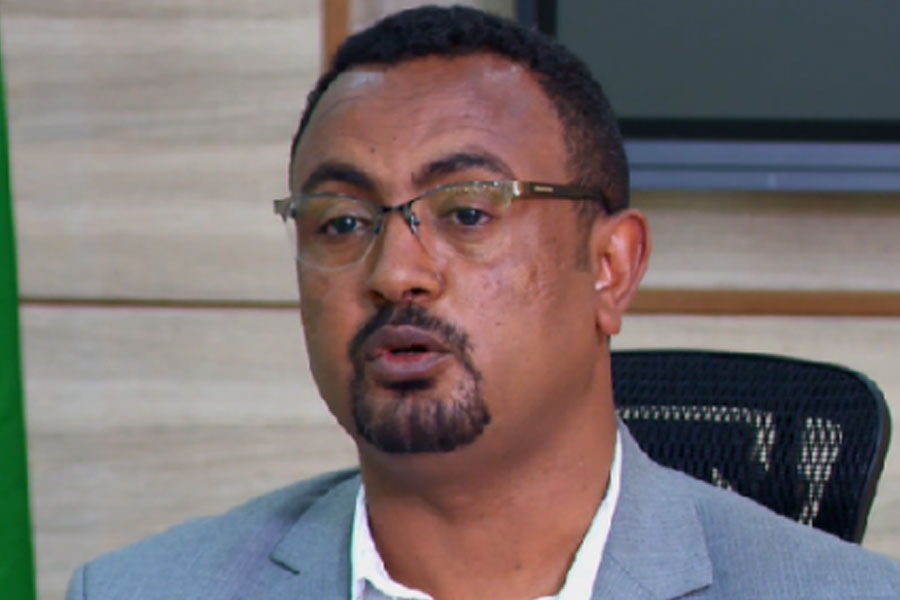

The National Cotton Stakeholder Platform was officially launched last week at Best Western Hotel seeking to foster better governance, regional collaboration and inclusive growth in the industry. Stakeholders from the ministries of industry and agriculture, as well as cotton producer associations, and textile industry associations signed the MoU marking the launch. State Minister for Agriculture, Melese Mekonen, stated that due to the unstructured organization between the stakeholders, authorities were unable to get partners in the sector. He stated the sector needs growth in value and capacity to use its full potential, adding that new policies and regulations are in place to facilitate a better way of working. With a capacity of 3 million hectares, only 3pc of the land is cultivated with cotton. Half of this land is commercialized while the other half is held by small landholding farmers. Around 70pc of the cultivated land is rainfed with the balance irrigated. Samson Assefa, lead executive of cotton cultivation at the Ministry of Agriculture (MoA), presented the cost of production of rainfed cotton is 1.17 dollars per kg, while the irrigated version is 1.7 dollars per kg, averaging 1.44 dollars per kg. He added that cotton production is now challenged by diminished labour participation, causing operational problems. The Ministry expects 65,000tn of cotton from 110,000hct this year. Another MoU was signed between the MoA and the International Cotton Advisory Committee, strengthening international cooperation in the cotton sector and enabling Ethiopia to utilize ICAC's data.
[ssba-buttons]